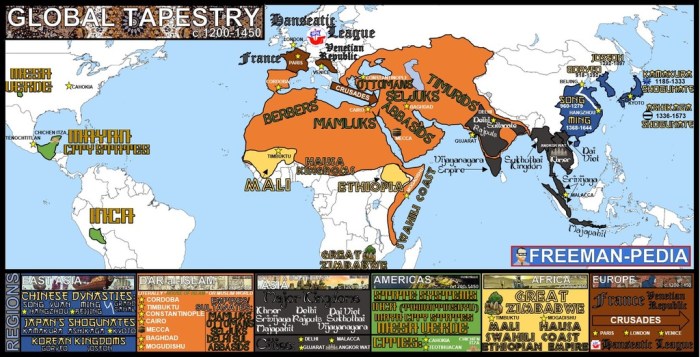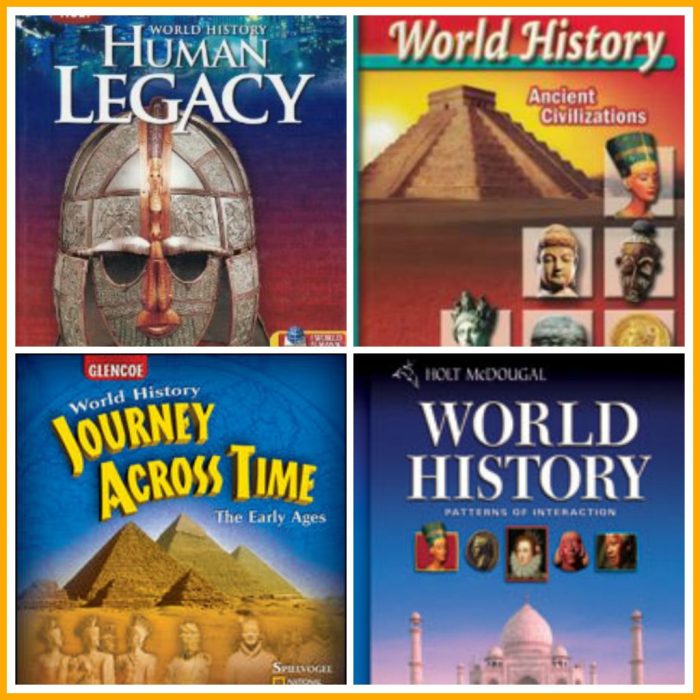World history the modern world textbook – World history: The modern world textbook sets the stage for this enthralling narrative, offering readers a glimpse into a story that is rich in detail and brimming with originality from the outset. This comprehensive guide invites you on a journey through time, exploring the key events, themes, and perspectives that have shaped our world into what it is today.
Prepare to delve into a captivating tapestry of human experience, where the past and present intertwine to provide invaluable insights into the complexities of our modern world.
From the dawn of civilization to the challenges and opportunities of the 21st century, this textbook provides a comprehensive overview of global history. It examines the rise and fall of empires, the spread of ideas and technologies, and the interactions between different cultures.
Through engaging narratives and thought-provoking analysis, this book encourages critical thinking and a deeper understanding of the forces that have shaped our world.
Introduction
Studying world history in the modern world is essential for understanding the complex and interconnected nature of our globalized society. It provides a comprehensive perspective on the major events, themes, and processes that have shaped the world we live in today.
A world history textbook serves as a valuable resource for students seeking to gain a deep understanding of human history from a global perspective. It offers a broad overview of key historical developments, allowing readers to make connections between different regions and time periods.
Historical Perspectives: World History The Modern World Textbook

Historical perspectives are the lenses through which historians interpret and analyze the past. Different perspectives offer unique insights into historical events, allowing us to understand the complexities of human experience.
Cultural Perspectives
Cultural perspectives focus on the role of culture in shaping historical narratives. Historians consider the beliefs, values, and practices of different societies to gain a deeper understanding of their motivations and actions.
Social Perspectives
Social perspectives emphasize the importance of social structures and relationships in shaping historical events. Historians examine how class, gender, race, and other social factors influence the course of history.
Political Perspectives
Political perspectives focus on the role of power and politics in shaping historical events. Historians analyze the actions of leaders, the formation of governments, and the dynamics of international relations.
Key Themes and Events

World history is characterized by a number of key themes and events that have shaped its trajectory. These include:
Globalization
Globalization refers to the increasing interconnectedness of the world through trade, technology, and communication. It has had a profound impact on economies, cultures, and societies.
Industrialization, World history the modern world textbook
Industrialization refers to the transition from agrarian to industrial economies. It has led to significant technological advancements, economic growth, and social transformations.
Imperialism
Imperialism refers to the expansion of European powers into other regions of the world. It has had a lasting impact on global politics, economics, and culture.
Popular Questions
What is the main purpose of this textbook?
To provide a comprehensive overview of world history from the dawn of civilization to the present day, with a focus on the modern world.
What are some of the key themes explored in this book?
The rise and fall of empires, the spread of ideas and technologies, the interactions between different cultures, and the challenges and opportunities facing humanity today.
How does this textbook encourage critical thinking?
Through engaging narratives, thought-provoking analysis, and a variety of primary and secondary sources, the book encourages readers to question assumptions, evaluate evidence, and form their own conclusions.